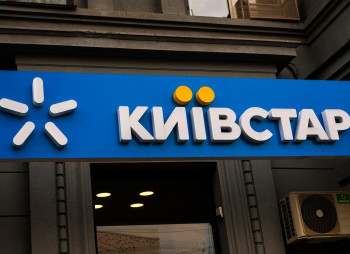Chrome River Technologies Inc., a company whose software helps large corporations manage employee expenses, raised $100 million from Great Hill Partners, proving that a software company doesn’t have to double revenue each year to attract significant investment and challenge incumbents, despite some of the rhetoric in the venture market.
Several startups, such as Expensify and Bento for Business, are developing expense reporting software, but they largely target smaller businesses. Chrome River’s customers, by contrast, are large corporations that require compliance, customization, international support and other complex features. Few companies compete in this segment of the market, and recently the list of competitors got even shorter.
Chrome River’s advantage, according to Alan Rich, co-founder and chief executive, is an intuitive interface that employees like, including features such as supporting mobile, taking cellphone photos of receipts, automatically categorizing the spending and allowing approvals within email. Those employee-friendly features are combined with a software design that is agile and can quickly and easily respond to changes in rules, such as a decision to lower the cap on hotel spending in a particular country.
The Los Angeles company is selling its cloud software at a steadily increasing clip. This year it plans to draw $25 million in revenue, up about 50% from 2014 figures, according to the CEO. Its service has staying power, just half a percent of customers drop out each year, he said.
“Alan’s business could be growing at 100% if it didn’t matter how much money we spent,” said Matthew Vettel, managing partner at Great Hill, which led the deal.
We had lots of interested parties,” the CEO said. “They know that if you are starting to grow too fast, the wheels can come off the bus.” Some investors, he said, want only companies that will become a billion-dollar-business in four years. Others “want to see that you’re aggressive and are pushing hard and have a big market that you can grow into,” but have “reasonable expectations.”








